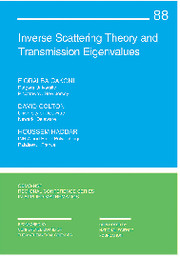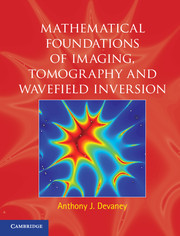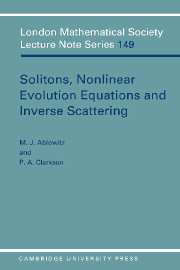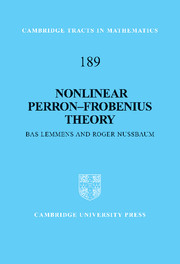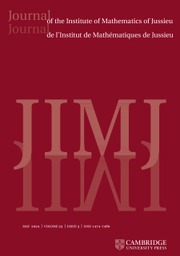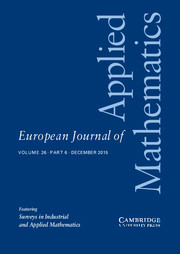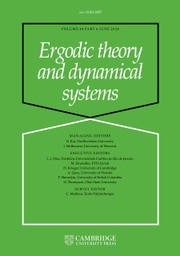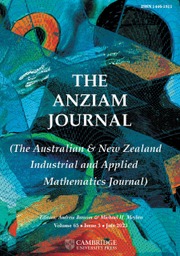Inverse Scattering Theory and Transmission Eigenvalues
Inverse scattering theory is a major theme of applied mathematics, and has applications to such diverse areas as medical imaging, geophysical exploration, and nondestructive testing. The inverse scattering problem is nonlinear and ill-posed, thus presenting particular problems in the development of efficient inversion algorithms. Initial efforts to address these problems focused on nonlinear optimization methods, which required strong a priori information. This led to a qualitative approach to inverse scattering theory in which the amount of a priori information is drastically reduced, although at the expense of only obtaining limited information about the values of constitutive parameters. This book provides an introduction to this important new direction in inverse scattering theory. Beginning with a basic introduction to the theory, the authors proceed to more recent developments, including a detailed discussion of the transmission eigenvalue problem. Both the new generalized linear sampling method and well-known linear sampling and factorization methods are included.
- An ideal introduction to the qualitative approach to inverse scattering theory for both researchers and advanced graduates in diverse areas of applied mathematics
- Presents the new generalized linear sampling method in addition to the well-known linear sampling and factorization methods
- Includes a detailed discussion of the transmission eigenvalue problem
Product details
December 2016Paperback
9781611974454
198 pages
250 × 171 × 12 mm
0.42kg
This item is not supplied by Cambridge University Press in your region. Please contact Soc for Industrial & Applied Mathematics for availability.
Table of Contents
- Preface
- 1. Inverse scattering theory
- 2. The determination of the support of inhomogeneous media
- 3. The interior transmission problem
- 4. The existence of transmission eigenvalues
- 5. Inverse spectral problems for transmission eigenvalues
- Bibliography
- Index.

